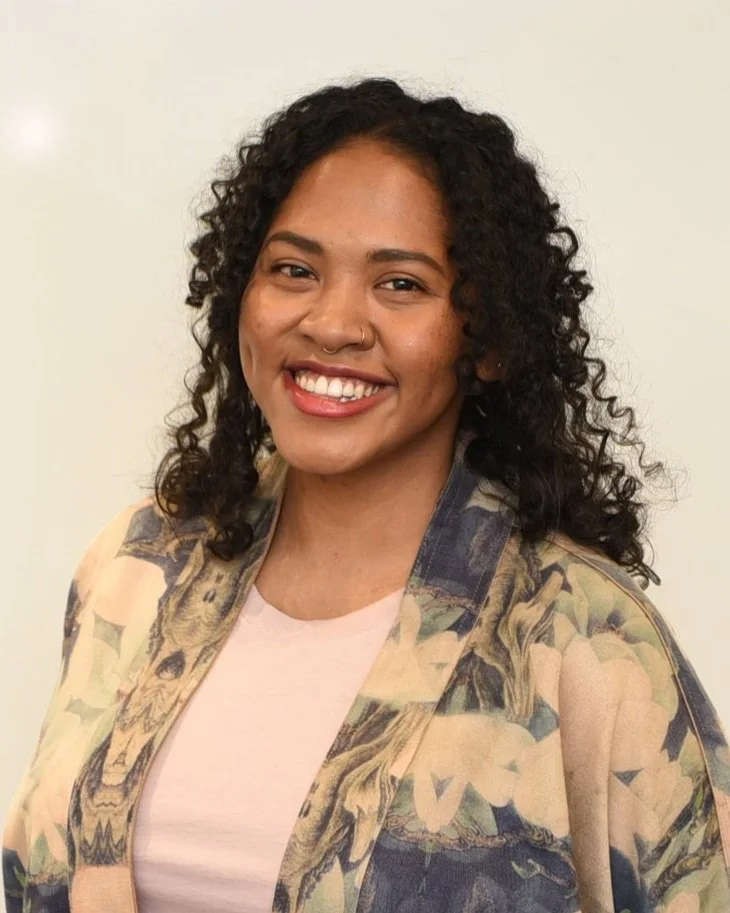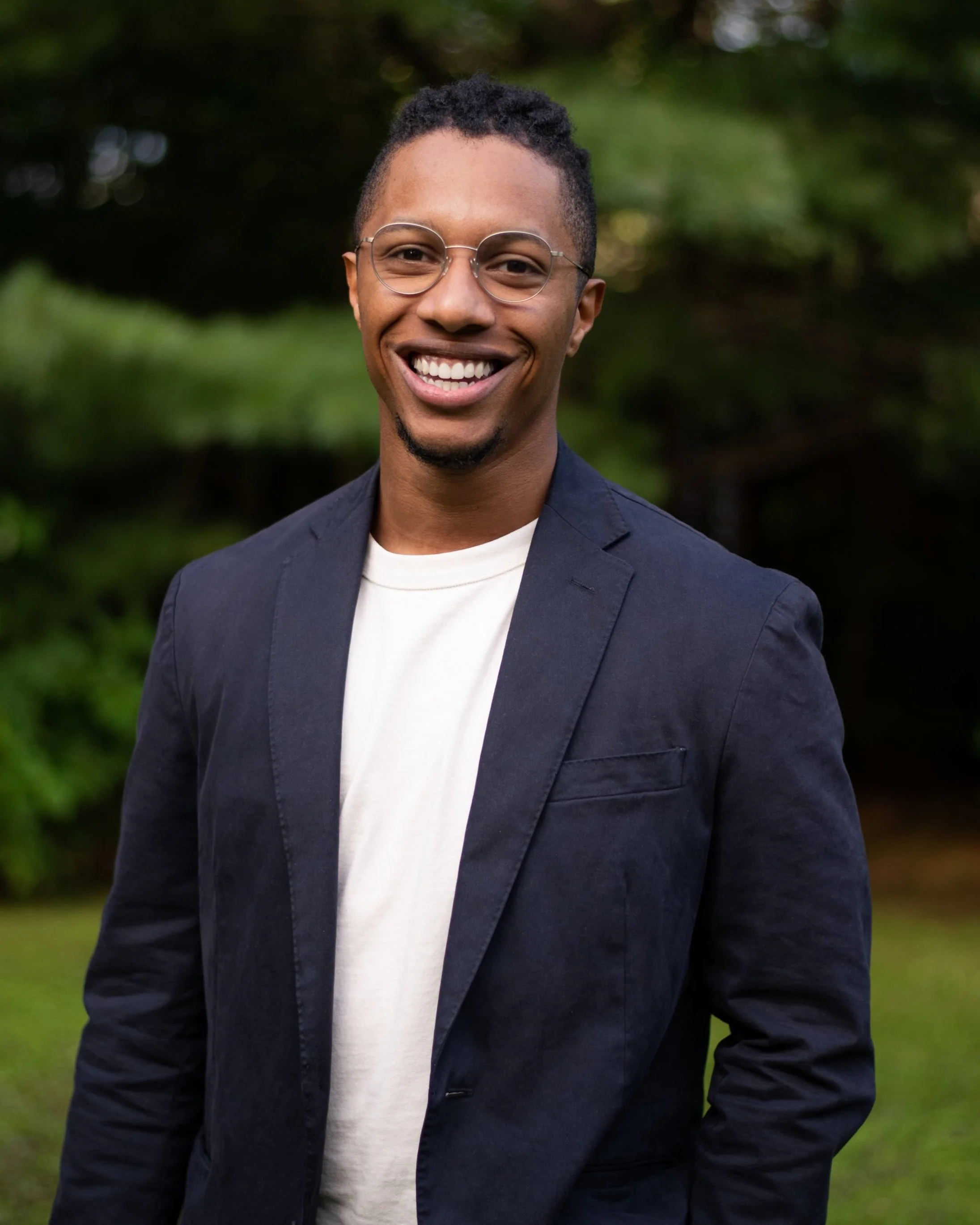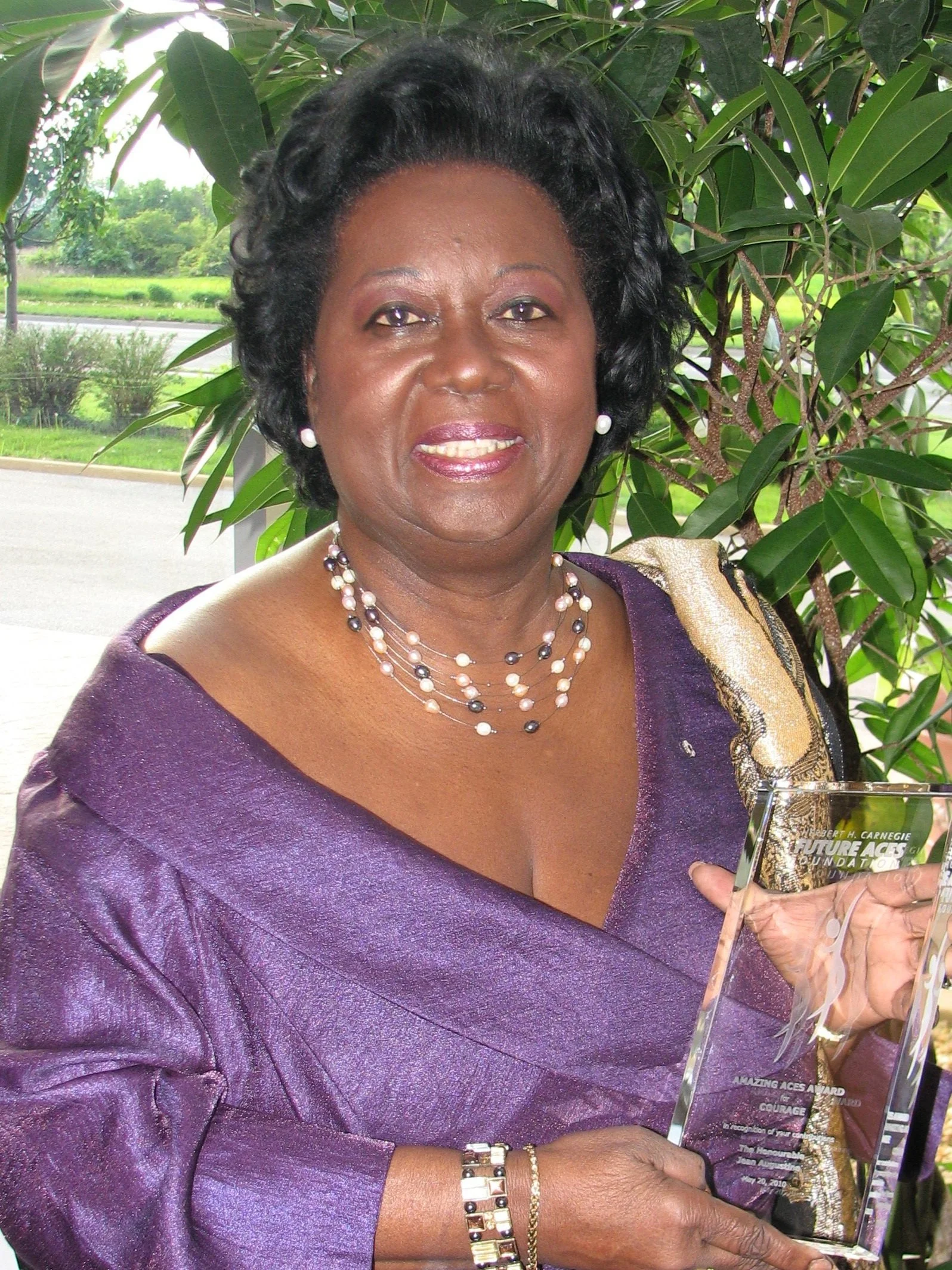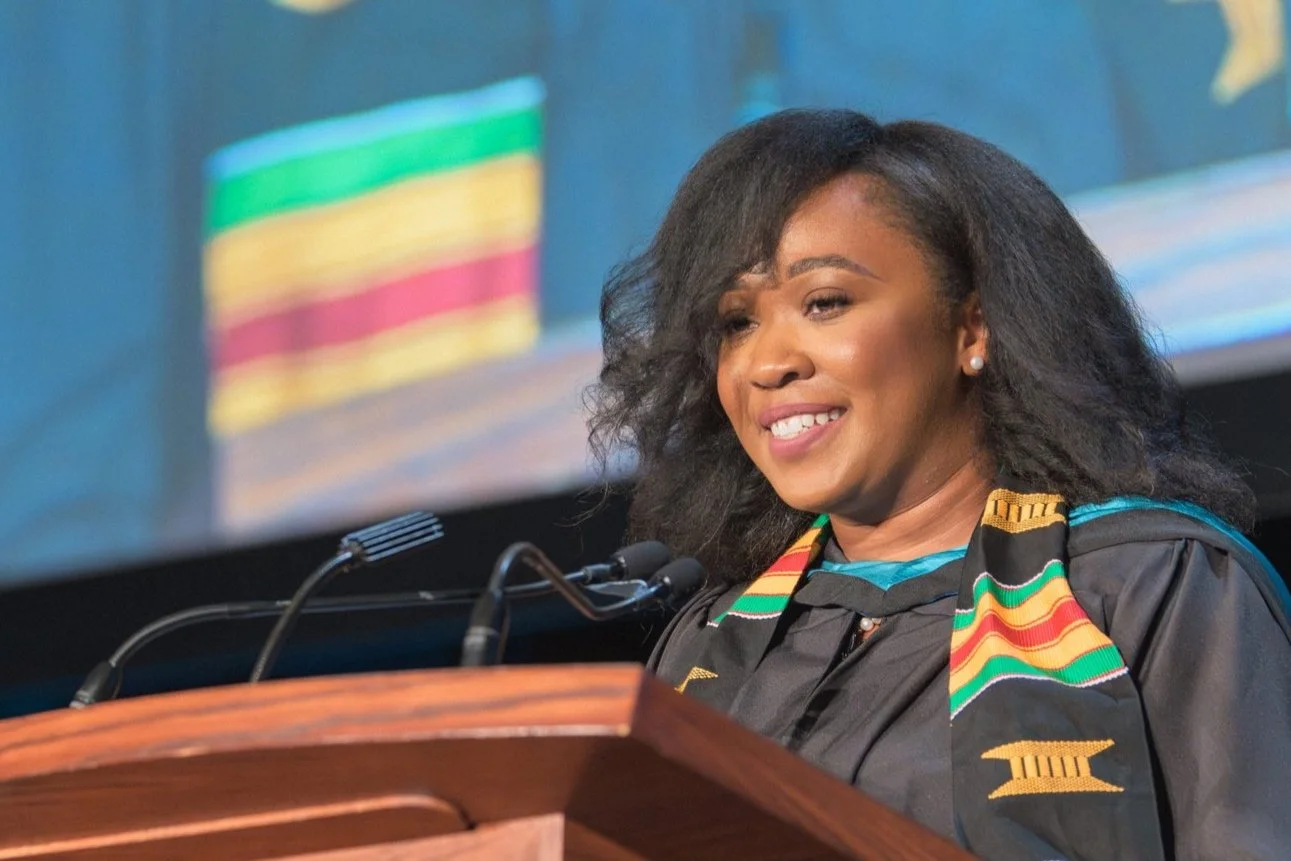Scholarships ease financial burden for Lincoln Alexander School of Law students
April 20, 2022
Tasked with doing an independent study requiring research on different music genres, West Hill Collegiate Institute student Luanda Campbell was kicked out of class in February 1995 for questioning the limited inclusion of Black music.
The Grade 11 student claimed the teacher, who also taught law, said Black music was not important to study after she tried to enlighten her about Africa’s influence on music.
Instructed to fill out a discipline form and ‘pen her feelings’ about what took place, the then 17-year-old complied, but wasn’t allowed to return to the music class. She was also directed to write her upcoming exams, held a week after the ejection, in the school’s office.
When Campbell’s mother, Elaine Campbell, and community worker Ken Johnson went to the school for answers, they were ignored and the Vice-Principal advised them to leave the premises.
Suspended from West Hill, she dropped out and finished high school at an alternative learning centre.
Born a year before the incident, Luanda Campbell’s daughter -- Kafela Campbell -- is enrolled in law school and among five recipients of renewable scholarships awarded to first-year Lincoln Alexander School of Law students who identify as Black and demonstrate high academic potential, financial need and commitment to their community.
The BlackNorth Initiative, which works with businesses to break down systemic barriers that negatively impact the lives of Black Canadians, collaborated with the law school to launch the scholarships.
“Going to law school is like a love letter to my mother and maternal grandmother,” said the oldest of three siblings and granddaughter of Trinidad Theatre Workshop co-founder Ralph Campbell who died in June 2020. “They are single moms and my grandmother has lived with my mother since she was 18. My family is very matriarchal and they are just my ultimate support system.”
There was a time when Campbell thought she was not college material.
Bereft of academic guidance after graduating from Ajax High School in 2012, she did odd jobs before landing a full-time Customer Service position with Via Rail Canada.
“To be honest, I didn’t feel school was for me and I would fit into college or university,” Campbell said. “My mom and grandmother have always been my biggest fans, but they were not equipped to provide me with the direction I needed to navigate the complex education system.”
Sensing her life was just a routine and feeling the need to do more to have a positive impact on her community, she returned to the classroom and completed York University’s Human Rights & Equity Studies program in 2021.
Campbell is among the second cohort at Lincoln Alexander School of Law set up to provide a rigorous academic program and produce cutting-edge research that’s committed to helping communities gain access to justice.
It is also dedicated to training the next generation of legal professionals to engage and shape technology and designed to help make the legal profession reflect and respond to the rich diversity of Canadian society.
Campbell sights were set on attending the downtown Toronto law school.
“Though it is new, it was my top choice,” she said. “Having a law school named after a Canadian trailblazer and with a Dean who is a female Black Canadian are huge for me. When we were virtual, the Dean (Donna Young) organized lunches and town hall meetings. When we came into the classroom, she would take the time to chat with students in the hallway.”
Working in legal aid, with refugees or in labour & employment law are some of Campbell’s career options after she graduates from the three-year program.
“Whatever it is, it has to be something to do with community and advocating for people,” she pointed out. “When I was four, I remember police entering our Toronto community housing residence with guns drawn and my mom seeking an explanation that she never got. It was traumatic for us and she didn’t get the needed help she was seeking.”
Luanda Campbell is proud of her daughter and the career she is pursuing.
“Kafela brings out the best in me, what I wanted to be and more,” she said. “She’s a hard worker who is very focused on her goals and determined to succeed in life.”
In her first semester in law school, Ever Imafidon held two jobs, one of which required a minimum 20 hours weekly.
Juggling school and work tested her time management skills. The financial assistance eased the burden.
“The scholarship came at the perfect time and alleviates financial stress,” said the 2021 University of Toronto (U of T) Political Science graduate who participated in the Imani Mentorship Program (IMP) that offers customized academic and social support to youths in East Scarborough middle and high schools and provides culturally relevant programming. “Exams are coming up and there are many hours that need to be dedicated to studying. It also helped affirm that law school is a space for me.”
Had Imafidon took her Grade Eight teacher’s advice, she might have chosen another career path.
“This all had to do with a class assignment and a misunderstanding,” she recalled. “The teacher became frustrated when I was seeking clarification, told me I shouldn’t talk back to her and then said this is why you would never become a lawyer. I never expressed to her that is what I wanted to do, so I was left very confused as to why she would say that. Looking back, I would not say she prophesized my future. It just felt like a limitation she saw in me that I didn’t see in myself.”
Ever Imafidon (Photo by Ron Fanfair)
Imafidon, who migrated with her family from Nigeria 15 years ago, plans to practice criminal and family law.
“These are two challenging areas of practice, but I consider this to be putting myself in the line of fire which I have been under for the most part of my life,” she said. “I am a woman, I am Black and I have lived in Toronto Community Housing. It also marries my skill sets with the work I am passionate about.”
Accumulating student debt while doing an undergraduate degree at York University, Stacey Newman put attending law school on hold.
The wait lasted 10 years.
“I had to work to support myself and my son and pay back the debt,” she said. “Going to law school was always on my radar, but there was a financial barrier. I am still repaying my university debt, but I am in a better position to take on law school. This scholarship is very helpful and it will help me to focus on my studies.”
Stacey Newman (Photo by Ron Fanfair)
While thinking about what she wanted to get out of law school, Newman settled on Lincoln Alexander School of Law for a few reasons.
“The school’s administration is made up primarily of people of colour that are spearheading the call to reimagine legal education,” she noted. “It is also very open about diversity in the classroom that reflects the community which is big for me. It was important for me to know I would be among a group of diverse students.
“There’s also a focus on technology at Lincoln Alexander. In my previous experience in the field in support roles, I have seen that the legal profession is very traditional in that things have been in certain ways for a long time. While that has been working, there is this recognition that integrating technology into the practice of law is beneficial for legal professionals and clients. Having a practical component to our legal education also appealed to me. It’s so pleasing to know that every graduating class will enter the profession with practical skills and we can comfortably and confidently hit the ground running wherever we end up.”
Prior to joining the law school program last September, Newman was a legal assistant and law clerk for seven years. She has an honours Law Clerk diploma from Seneca College.
“I have some foundational knowledge and a bit of an advantage, but I know I still have a lot to learn about the profession,” the West Hill Collegiate Institute graduate said.
Newman, who volunteers with Pro Bono Students Canada, is unsure of the area of law she wants to practice.
“Since I am in my first year, I am trying to soak it all in as I go through my courses,” she added. “As I do that, I am figuring out where my skills meet my passion and just looking for that alignment. With two years left, I still have time to take advantage of what Lincoln Alexander offers and I can narrow my choices.”
Scholarships help ease the financial burden students pursuing higher education face.
For Shaun Shepherd, getting a scholarship to attend law school has significant meaning.
“It’s recognition of Black people and their struggles and an acceptance of us being in this type of space,” he said. “Law school is fundamentally about power. The scholarship acknowledges that communities that have Black power are deserving of it.”
Shaun Shepherd (Photo contributed)
Shepherd has a Bachelor of Science in Human Biology from U of T and a graduate degree in Health Research Methodology with a focus on Epidemiology.
During his graduate studies at McMaster University, he worked on multi-centre randomized control trials in implementation sciences and population-level research focused on immigrant and ethnic health disparity. After graduation, he developed and implemented research database systems for a clinical research lab.
Shepherd also has experience in bargaining and advocating for underrepresented communities.
“The benefits of being a lawyer is huge as so many doors open for you,” the Canadian Union of Public Employees Local 1281 Chief Steward and former Ontario Confederation of University Faculty Associations Collective Bargaining Lead noted. “What are you willing to do with those opportunities is the big question? I hope that my time in this space will help me to uplift individuals and ensure that the community has power.”
Selecting Lincoln Alexander School of Law was an easy choice for Shepherd who was the U of T Students’ Union President from May 2012 to April 2013.
“The school has demonstrated clearly where its priorities are and that’s to ensure that communities that are underrepresented actually have a space where they can be seen and heard and also meaningfully engage in the profession in way that other institutions have so far failed to do,” he said. “It cares about the community.”
Receiving financial support helped take some weight off Shardaine Rowe Brown’s shoulders.
“There was a lot stress when I started the program,” she admitted. “Now I can breathe a little easier and concentrate fully on my studies.”
Shardaine Rowe Brown (Photo by Ron Fanfair)
While doing undergraduate studies in Criminology at Ryerson University, Rowe Brown was trying to decide on a career goal.
A chance meeting with lawyer and Member of Parliament Leslyn Lewis provided some clarity.
They met three years ago when Rowe Brown was working part-time as a cashier at a Longo’s store.
“We had a casual conversation at the checkout out during which I told her I was studying Criminology,” she recounted. “When she asked me what I wanted to do with the degree, I told her I was considering law but I wasn’t certain about it. Leslyn encouraged me to look at it, saying it is a rewarding career. I had imposter syndrome at the time and wasn’t sure I belonged in that space. Her encouraging words really inspired me and I said I will give it a shot.”
Lewis was one of the first persons Rowe Brown called when she was accepted to law school.
“She had given me her card and I thanked her for being the spark that lit the fuse,” said the former soccer player who completed high school at J. Clarke Richardson Collegiate in Ajax and her undergraduate degree in 2020. “She also told me to keep in touch with her.”
What area of law will Rowe Brown specialize in when she becomes a lawyer?
“I have an interest in criminal and family law, but I will keep an open mind for now,” she said. “I will look at what else is out there before I make a commitment.”
Rowe Brown was training to be a Toronto Police Communications Operator when she was accepted to law school.
Inaugural Dean Donna Young welcomed the generous investment in the students.
Lincoln Alexander School of Law Dean Donna Young (Photo by Ron Fanfair)
“We also look forward to building this partnership to include additional learning and mentorship opportunities,” she added. “The BlackNorth Initiative’s mission to change the face of corporate Canada aligns well with the law school efforts to equip emerging lawyers with diverse skills and perspectives to make the legal profession more equitable and accessible.”
Lincoln Alexander School of Law Dean Donna Young with scholarship winners Ever Imafidon (l), Shardaine Rowe Brown, Kafela Campbell & Stacey Newman (Photo by Ron Fanfair)












